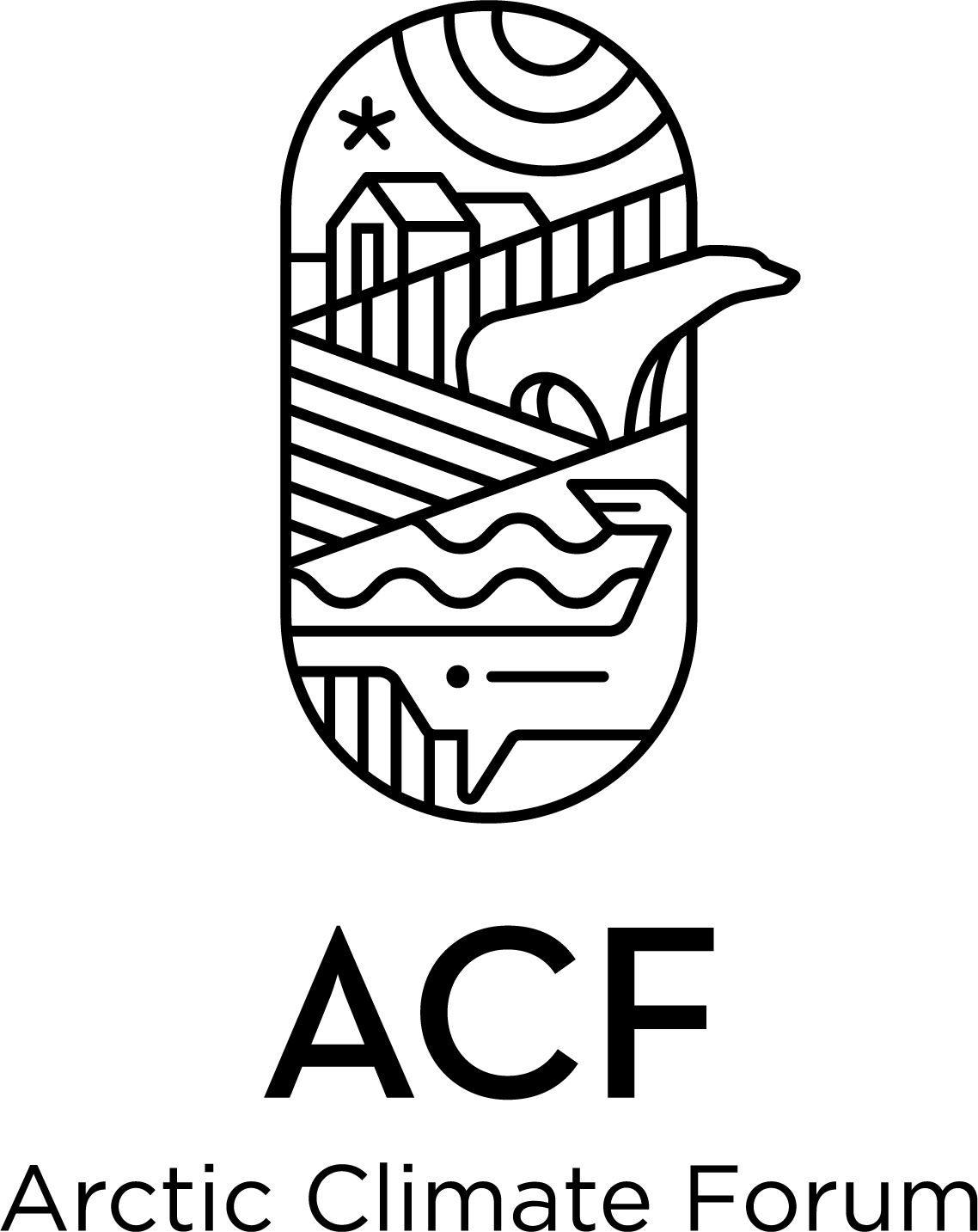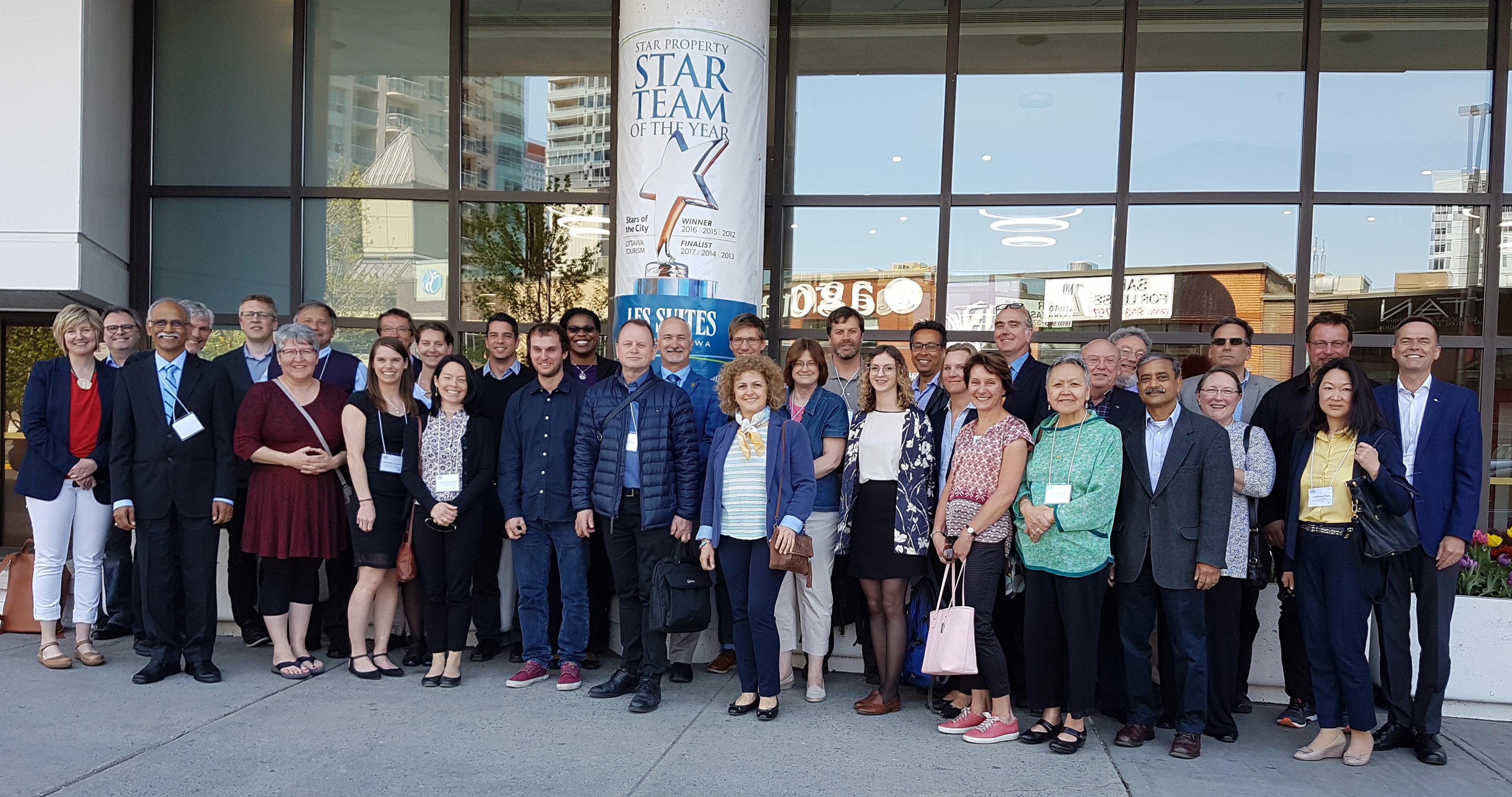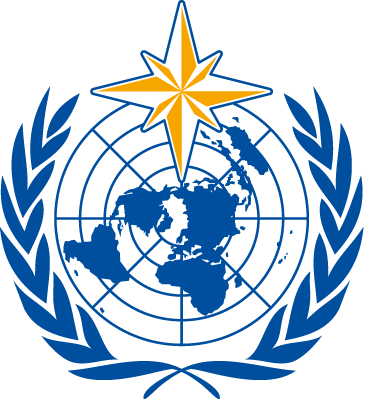
The first session of Arctic Climate Forum went under the name Pan-Arctic Regional Climate Outlook Forum (PARCOF), and is referred to as PARCOF in this text.
Background
Climate change in the Arctic is affecting the entire Earth system. Northerners, Indigenous communities, industry and wildlife are experiencing significant and direct impacts. For example, temperature increases have led to significant reductions of sea ice, thawing permafrost and coastal erosion. To meet the Arctic adaptation and decision-making needs, substantial progress has been made towards the establishment of an Arctic Regional Climate Centre Network (ArcRCC-Network). ArcRCC-Network is based on the WMO RCC concept with active contributions from all the Arctic Council member countries through a mutually agreed structure consisting of three sub-regional geographical nodes, namely, (i) North America Node, (ii) Northern Europe and Greenland Node and (iii) Eurasia Node. The Pan-Arctic Regional Climate Outlook Forum (PARCOF) is a flagship activity of the ArcRCC-Network, following the well-known Regional Climate Outlook Forum (RCOF) concept supported by WMO and its partners around the world.
PARCOF Inaugural Session

As part of ArcRCC-Network implementation and ongoing engagement strategy, the inaugural session of the Pan-Arctic Regional Climate Outlook Forum, PARCOF-1, was held in Ottawa, Canada, from 15 to 16 May, 2018, hosted by the Environment and Climate Change Canada (ECCC) and co-sponsored by WMO. The forum was followed by the ArcRCC-Network Coordination Meeting on May 17, 2018. The PARCOF will be held on a regular basis to bring together the science community, key decision-makers and important partner organizations to discuss priority products for climate-sensitive users. The presence or absence of ice regulates many activities in the Arctic such as transportation, fishing and hunting, tourism, resource extraction, etc. It may be said that the Arctic experiences two main seasons: a long and icy winter of about 9 months and a short and cool summer of about 3 months. Freezing and thawing periods on the fringes of these two seasons are among the most important considerations for many sectors. Therefore, PARCOFs will be held twice per year: a face-to-face meeting in May preceding the summer ice break-up, and a virtual meeting in October before the ice returns in the Arctic winter season. The PARCOF will occur over 2 days to allow for presentations, break-out discussions and training activities. One of the key outcomes at each PARCOF is to co-produce an integrated consensus statement for the upcoming winter or summer season that synthesizes the current climatological conditions and forecasts (“outlook”) to highlight potential implications or risks for decision-making by various sectors. This consensus statement will launch the official start of the ArcRCC demonstration phase. The PARCOF-1 will focus on meeting with Arctic Commercial Shipping users (tourism, re-supply, resource extraction and fishing) and Circumpolar Indigenous organizations. The participation of Indigenous peoples who have lived for generations in the Arctic is invaluable to the success of this initiative. Their participation, needs, observations and skills are essential inputs to the ArcRCC-Network. The PARCOF will engage with the Arctic Council Permanent Participants to seek an ongoing dialogue and encourage Indigenous perspectives in a meaningful way. Future forums will be hosted by various ArcRCC network members in other circumpolar countries. The end-user focus of the forums will be discussed amongst the network and will be influenced by where the next forum is held. Indigenous participants will be invited to all future forums as their needs cut across all sectors.
PARCOF Objectives
The main objectives of PARCOF are to:
- establish a sustainable interaction mechanism between climate information providers and users on an ongoing basis;
- review monthly and seasonal forecast products for the region (temperature, precipitation as well as various operational and experimental sea ice products) and develop statements in plain language to communicate the information as well as the associated risks;
- provide a platform to work together to co-develop useful output products such as consensus statement on the current status and future outlook of the Arctic climate for the upcoming season, taking into account northern/indigenous perspectives;
- engage with key users, decision-makers and indigenous knowledge holders in a dialogue to better understand their needs and for them to explore how indigenous perspectives can be mobilized by the ArcRCC-Network;
- discuss with the polar scientific community, especially those involved in the Polar Prediction Project (PPP) and Year Of Polar Prediction (YOPP) activities, how advances in knowledge will translate into improvements in regional-scale services delivered through the ArcRCC-Network; and
- learn about the climate information currently used for planning and decision making, and user needs for climate information, also to raise user awareness on new climate products and services including their reliability aspects.
